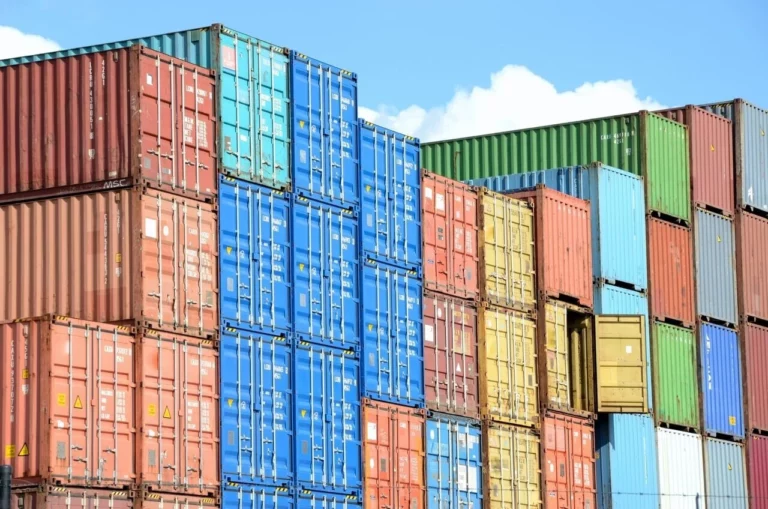trade
Huge debts: Chinese megabanks financed the government’s purchase of Vodafone

Good news: Fuel prices in Hungary could slip below psychological threshold

MEP Gyöngyösi: National food assistance programme to replace price caps

Hungary scrutinises Ukrainian grain bound for local markets

Retail sales growth declines in Hungary

Hungary’s trade expected to be record-breaking in 2023 with this small country

Medicine shortage can stay for a long time in Hungary

Hungary to ship 10,000 tonnes of grain from Ukraine to Africa
Hungary will finance the shipping of 10,000 tonnes of grain worth 3.5 million US dollars from Ukraine to Africa as...
Our wallets have felt it too, imports have become brutally more expensive
KSH industrial production and external trade data are now available: Industrial output growth slows to crawl in Nov The growth...
Hungary trade deficit EUR 923 m in October

How did Russian sanctions affect the Hungarian economy?

Hungary C/A deficit reaches EUR 1.556 bn in October

Hungarian trade deficit over EUR 1 bn in Oct

Minister shared when the Hungarian port in Italy will be ready for use

Trade deficit at EUR 745 m in Sept

PHOTOS: long-awaited development at Budapest Airport inaugurated

Trade tool for peace, mutual understanding

Hungary’s inflation record-high, trade deficit drastically increasing





 ZH
ZH IT
IT DE
DE HR
HR NL
NL FR
FR JA
JA RO
RO RU
RU ES
ES TR
TR
